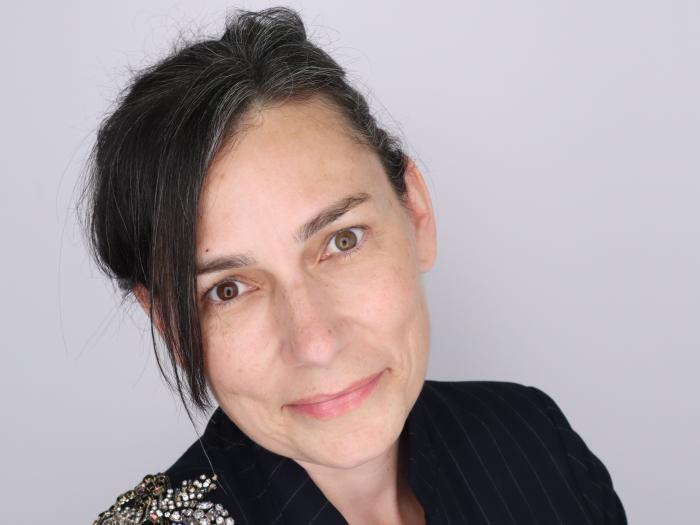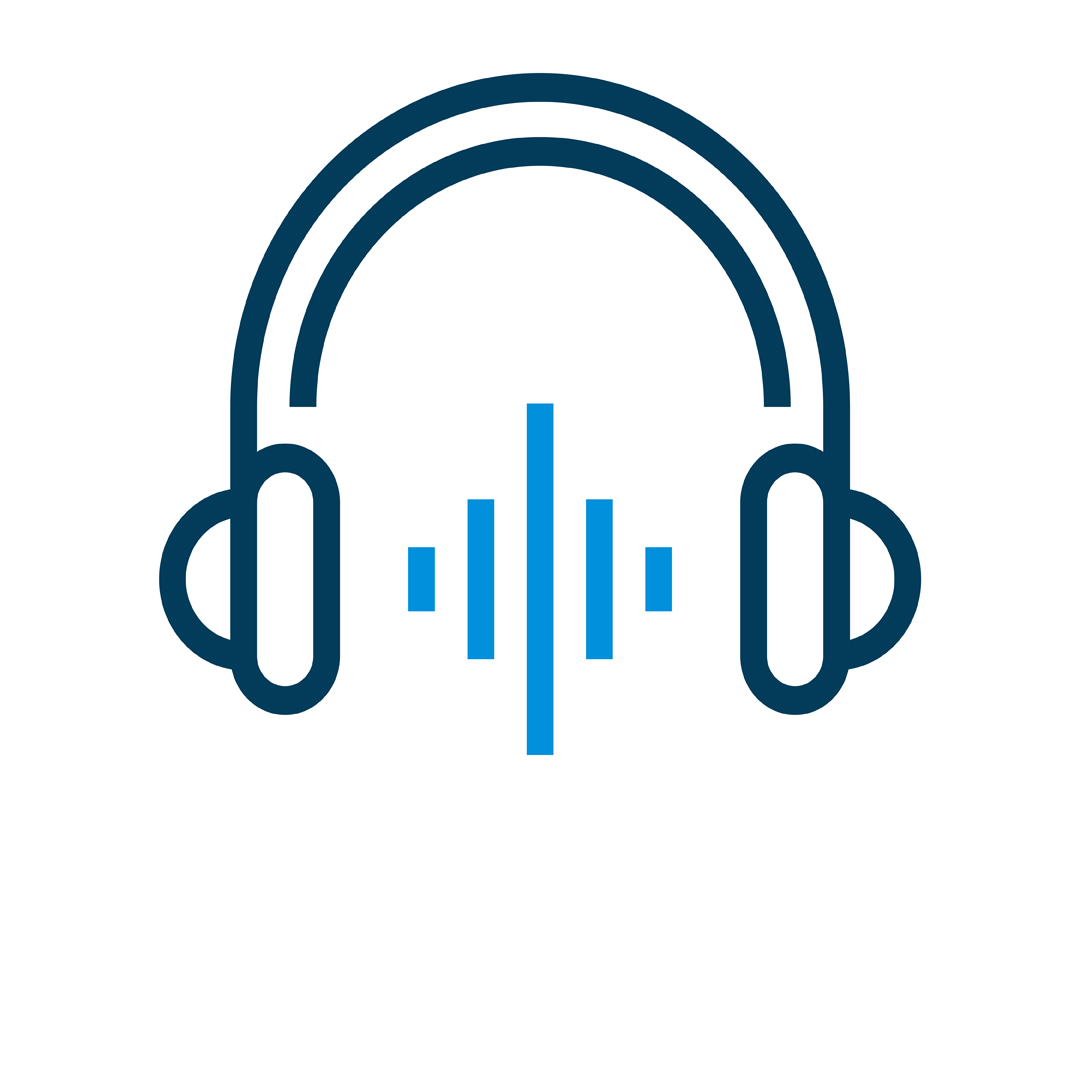Adult Communication
Adult communication focuses on speech sounds (i.e., consonants and vowels), stress, intonation and other factors that may or may not reflect a communication disorder.
Adult communication services may include accent modification, dialect coaching, and professional speaking instruction. Although accents, dialects, and many professional communication styles are not considered communication disorders, some individuals choose to attend the GWUSHC to work on their personal goals in these areas. They may find value in the expertise and structured support of our graduate student clinicians, who have foundational linguistic knowledge.
Disorders of adult communication include non-acquired disorders (i.e., those that have been present since childhood) and impact any of the aforementioned focus areas. These may include any of the following:
- Articulation Disorder
- Phonological Disorder
- Developmental Apraxia of Speech
- Developmental Dysarthria
- Receptive Language Disorder
- Expressive Language Disorder
- Fluency Disorder
Treatment Uses
The center offers accent modification assistance to individuals who want to develop their English communication skills for a wide range of uses, including:
- Academia
- Career settings
- Social settings
- Upcoming job interviews
- Upcoming promotions
Clinicians in This Area





